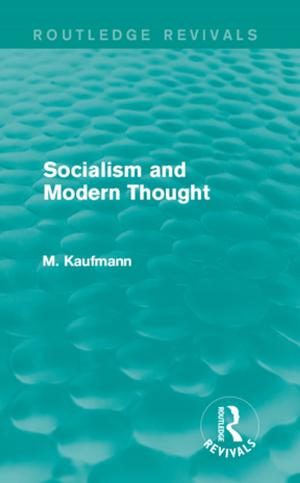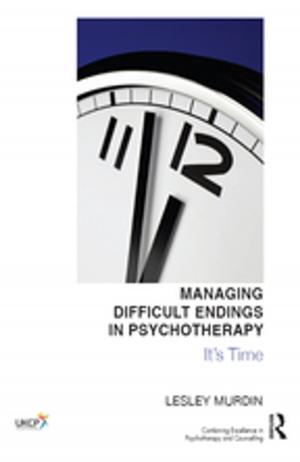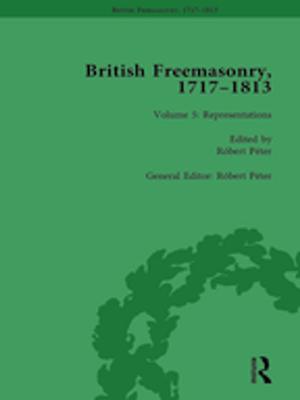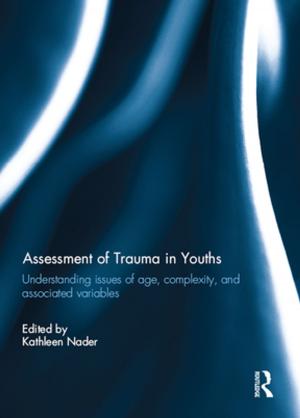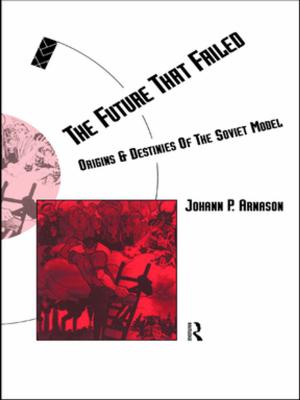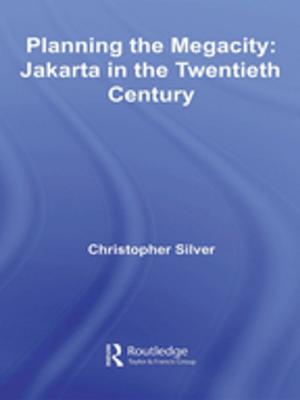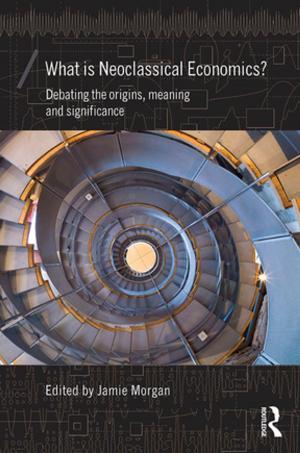No Clear And Present Danger
A Skeptical View Of The UNited States Entry Into World War II
Nonfiction, History| Author: | Bruce M Russett | ISBN: | 9780429978302 |
| Publisher: | Taylor and Francis | Publication: | February 12, 2018 |
| Imprint: | Routledge | Language: | English |
| Author: | Bruce M Russett |
| ISBN: | 9780429978302 |
| Publisher: | Taylor and Francis |
| Publication: | February 12, 2018 |
| Imprint: | Routledge |
| Language: | English |
From the Preface to the Twenty-fifth Anniversary Edition:This was a controversial book, and likely remains so.? The world 25 years later looks quite different. With the end of the Cold War, the United States is now the world's only superpower. If this country cannot shape the international system and bring peace and stability to much of the world, surely no other state can. Yet the will to a broadly internationalist foreign policy cannot currently be found in the United States. The near-consensus that ranged across foreign policy elites before the Vietnam War has never been restored. Maybe that's just as well. But I hold to much of the basic perspective of this book as offering some guidance for fellow ?cooperative internationalists.? The power to shape international affairs is limited; military intervention is a costly, blunt, and dangerous instrument. The five questions I ask on page 108 of this book remain appropriate. I do believe there are appropriate circumstances for military action in international affairs. In most circumstances I do not believe that it is desirable, effective, or just to try to spread democracy or other American values by force of arms. Much more could be done by way of financial assistance as well as consistent ideological and technical support to create a more democratic and interdependent environment within which peace can be secured.? If the Vietnam War derived in substantial part from an overconfident and unilateral interpretation of history, that is a mistake from which we can still learn.
From the Preface to the Twenty-fifth Anniversary Edition:This was a controversial book, and likely remains so.? The world 25 years later looks quite different. With the end of the Cold War, the United States is now the world's only superpower. If this country cannot shape the international system and bring peace and stability to much of the world, surely no other state can. Yet the will to a broadly internationalist foreign policy cannot currently be found in the United States. The near-consensus that ranged across foreign policy elites before the Vietnam War has never been restored. Maybe that's just as well. But I hold to much of the basic perspective of this book as offering some guidance for fellow ?cooperative internationalists.? The power to shape international affairs is limited; military intervention is a costly, blunt, and dangerous instrument. The five questions I ask on page 108 of this book remain appropriate. I do believe there are appropriate circumstances for military action in international affairs. In most circumstances I do not believe that it is desirable, effective, or just to try to spread democracy or other American values by force of arms. Much more could be done by way of financial assistance as well as consistent ideological and technical support to create a more democratic and interdependent environment within which peace can be secured.? If the Vietnam War derived in substantial part from an overconfident and unilateral interpretation of history, that is a mistake from which we can still learn.


